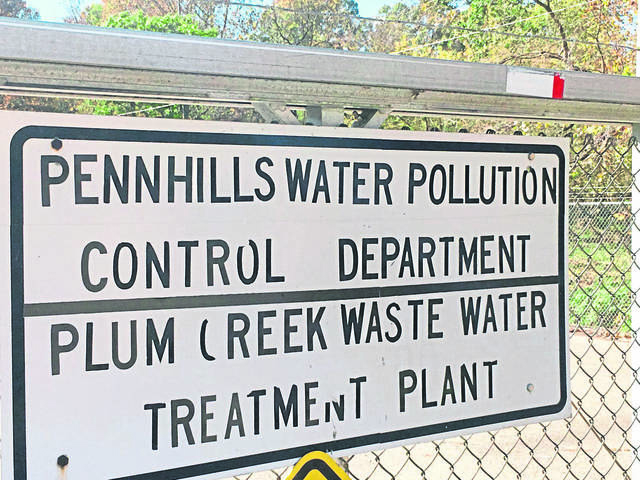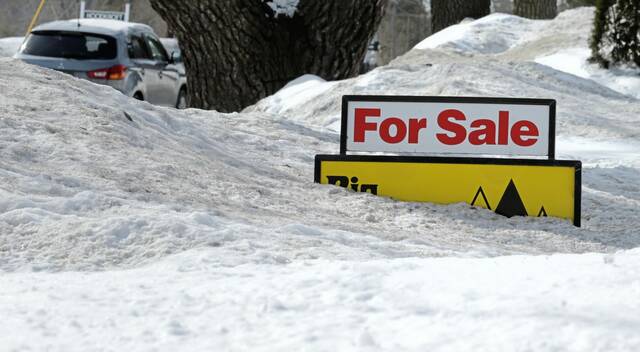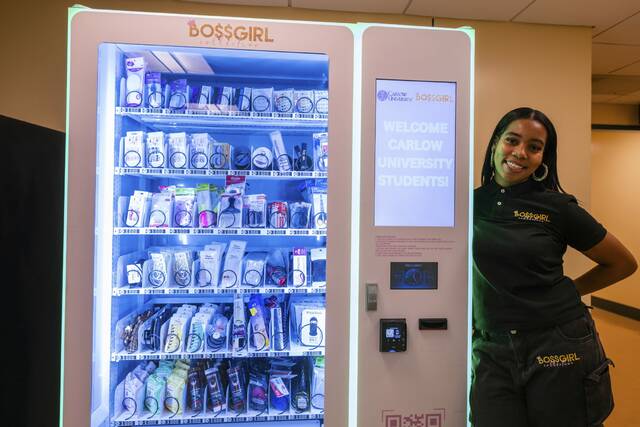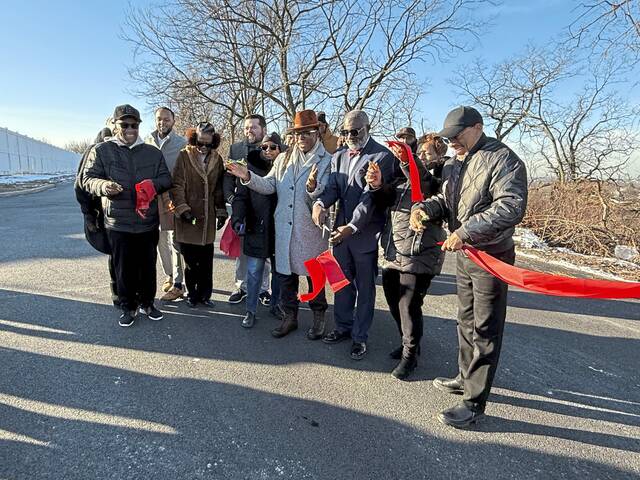Penn Hills wants to know how much its sanitary sewer system could sell for.
Council delayed a vote on an agreement with Philadelphia-based Public Financial Management (PFM) on Monday that would have hired the firm to look into how much the system is worth for a potential sale.
The agreement will be discussed during a special meeting scheduled to begin at 7 p.m. March 8. Other items, such as an ordinance limiting parking and an ordinance establishing new rates on municipal fees, also will be discussed during that meeting, Mayor Pauline Calabrese said.
If hired under the proposed contract, PFM would receive $8,000 to determine the value of the municipality’s sanitary sewer system and assess the feasibility of restructuring the system, according to the agreement being considered.
Calabrese said she wanted to wait on voting on PFM’s contract because the overall idea needs public discussion, and the proposed contract could lead to exorbitant cost.
“There’s no cap on how much (PFM) could charge us,” she said, referencing a part of the proposed agreement that makes Penn Hills liable to out-of-pocket expenses incurred by PFM, such as travel and meals.
Manager Scott Andrejchak acknowledged Calabrese’s concern, but said the municipality would ultimately have control over those expenses.
He said hiring PFM would be the first step in a lengthy process, which is regulated under Pennsylvania statute.
“I would be remiss if I didn’t bring it as an option,” he said, adding it could be a win. “It’s all up to mayor and council. I’m not advocating for it, what I am saying is they might want the information. Information is power.”
Penn Hills wouldn’t be the only municipality that has pursued something like this. It would, however, be one of the largest, with a population around 41,000.
The city of McKeesport, with a population of around 19,000, sold its sewer authority for $159 million in 2017. Brentwood, which has a population of 9,300, sold its sanitary sewer system for $19.2 million in December.
Selling water and wastewater systems became possible after the state’s Act 12 of 2016. It allows municipalities to sell systems for a price based on the fair market value of the system.
The current system includes 245 miles of sewage pipes, 12 pump stations, seven equalization stations, two sewage treatment plants, 13 emergency power generators, 7,172 manholes and 65 storage tanks.
The old infrastructure has been the source of many headaches for the municipality – and millions of dollars of debt.
The federal Department of Justice issued a consent decree in the 1990s mandating Penn Hills to fix its crumbling sewage system that led to sewage overflows into rivers and streams. The decree meant accumulating $90 million of debt, which the municipality continues to pay off to this day.
The federal consent decree was terminated in 2008, but in the same year joined an Allegheny County consent order issued by the state Department of Environmental Protection. The order included fixing, inspecting and mapping sewer lines.
That order ended in 2016, but the DEP still required Penn Hills to conduct a study to find how much rainwater was leaking into the sewage system. That study was submitted in June 2018, said Rick Minsterman, a project engineer with Gateway Engineers, Penn Hills’ civil engineering firm.
The municipality most recently had to pay around $940,000 to fix a leak at the Plum Creek Sewage Treatment Plant, which serves Penn Hills and part of Plum.
Officials said during a town hall meeting in July 2019 that the municipality has paid off around $36 million of debt related to the sewage system and that it won’t be totally paid off until 2034.
Meanwhile, customers continue to pay high water and sewage bills. Some residents have said they have experienced bills amounting to nearly $2,000 over five months. Some have said their monthly $80 bills have tripled.
The residential sewage rate is fixed at $20.75 per 1,000 gallons used — which includes fees from the Allegheny County Sanitary Authority, where 74% of the municipality’s sewage is treated. The rate also includes a debt payment and a payment to Penn Hills’ Water Pollution Control Department repairs and maintenance.
Officials have said customers pay an additional $25 quarterly service fee to Penn Hills that contributes to WPCD’s fund balance, which pays for future and ongoing improvements to the sewage system.
Calabrese is against privatizing the sanitary sewer system because it does not necessarily mean rates will decrease for customers.
“Privatizing the sewer system isn’t going to be the end-all, be-all. There’s always costs associated with these things … and it’s not like this would have zero impact on the relationship with Alcosan – they can always raise their rates,” she said.
Regardless of her perspective, the public should have a chance to learn about it and have input, she said.








